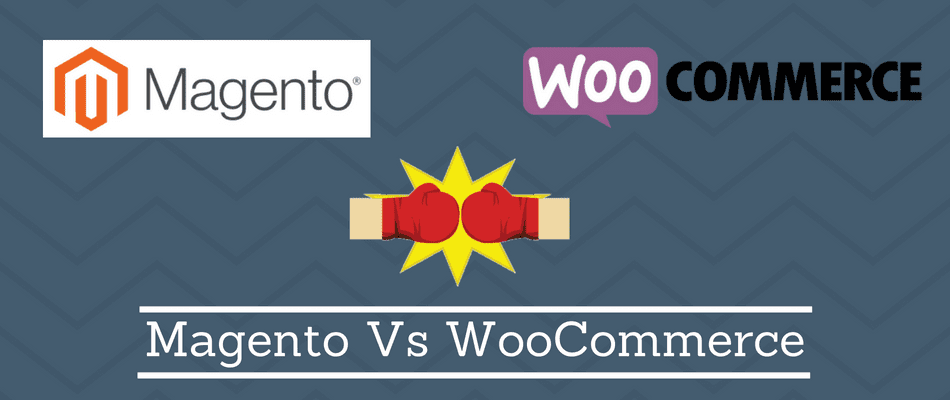When operating within a global marketplace, navigating the overwhelming opportunities of the e-commerce industry can be confusing, particularly when making decisions about platforms and content management systems. Platforms Magento and WooCommerce are both giants of E-Commerce, each considered popular, easy to use, and SEO Friendly.
So, what sets Magento and WooCommerce apart and how does it translate to SEO Results, and ultimately, your bottom line?
The business of e-commerce is unique. Not only is your store now open 24/7 to a global marketplace, you are now up against an unlimited amount of competitors. This can be quite intimidating, particularly when making a transition from a traditional brick and mortar operation, or just starting out.
SEO is one of the most powerful tools for remaining competitive, increasing web traffic, and highlighting your relevance to your customers. Without effective SEO, you will be essentially invisible online with any generic searches which may be relevant to you, and accordingly, you may never even enter into the consciousness of your target market.
To run successful, and meaningful SEO campaigns, deciding on the platform that works best for you is one of the most essential decisions you will make. It may be that a digital marketing professional manages your WooCommerce or Magento SEO, however the foundations provided by your platform in terms of independent navigation links, page titles, URLs, Meta Descriptions, ALT tags, and more, are going to influence the success of your campaign regardless of who manages it.
Magento and WooCommerce each have a case for being SEO-friendly, and that is one of the reasons they are so popular, but some key differences which may inform your decision making are:
- WooCommerce does not have social sharing built in, you need to find a plugin to allow this, whereas Magento offers a social sharing feature that allows customers to share within their own networks and raise awareness of your brand for you!
- WooCommerce does not have a 301 re-direction feature which often means you need to rely on other plugins like premium Yoast SEO or 301 redirect plugins.
- WooCommerce is widely regarded as having one of the best blogging features of any platform. Alternatively, Magento requires the installation of third-party extensions to enable an effective blogging feature.
- Adding an ALT tag to an image is a two-step process with Magento whereas, conversely, the process is less straightforward, although possible with WooCommerce.
- Site Map updates are a built-in feature of Magento, however, WooCommerce requires configuration of an additional plugin.
- Both platforms allow for customisation of Page Titles, but Magento is significantly more user-friendly than Woo Commerce, whose plugins may require input from a professional.
- Both platforms also provide customisation options to Page URLS, however, WooCommerce is less flexible in terms of URL structure, which may affect product and category terms.
Ultimately, when weighing up the accessibility and features of Magento and WooCommerce, the right decision is one that best fits your own needs, and that of your business. There is no “one-size-fits-all” answer. If you’d like to discuss your unique SEO needs, give us a call on 07 3184 4398.
